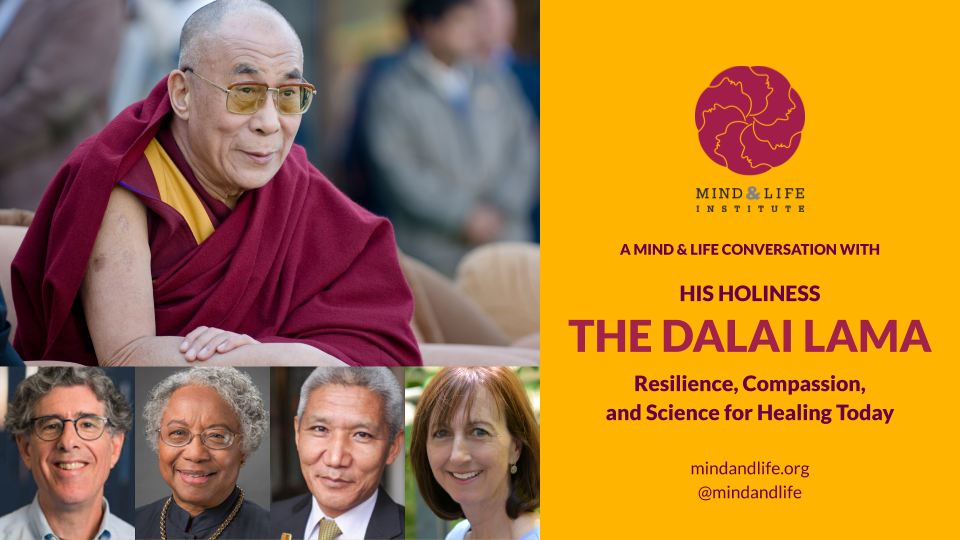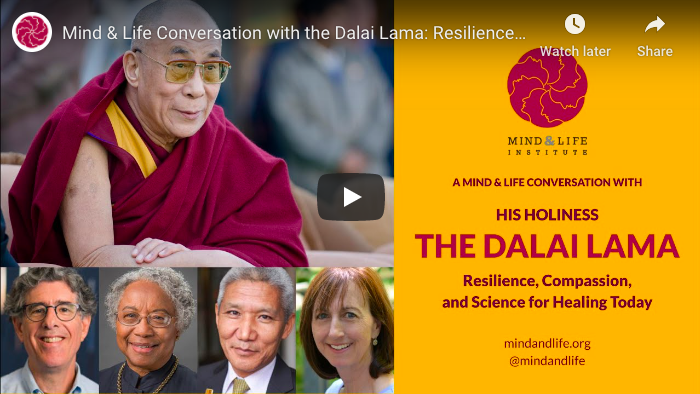June 19, 2020, 10:30pm EDT The Mind & Life Institute was honored to host this special livestream event with His Holiness the Dalai Lama. The program explored insights for individual and collective healing, integrating contemplation, science, and action, helping us to consider how crisis can be an opportunity to shift human consciousness and embrace our …
Topic Archives:
School-Based Promotion of Children’s Empathy, Kindness, and Altruism: Emerging Research, Lingering Questions, and Future Directions
There is a growing consensus among psychologists, educators, and the public at large that a more comprehensive vision of education is needed—one that includes an explicit focus on “educating the heart” and intentionally cultivates children’s social and emotional competencies and positive human qualities, including self-regulation, self-awareness, empathy, compassion, and altruism. This explicit and intentional focus …
Contemplating 400 Years of Inequality: A Mindfulness & Compassion Community Practice
Harnessing the power of the 400th anniversary of the arrival of enslaved Africans to the U.S. in 1619, scholars have designed a mindfulness-based learning experience that supports communities with taking a contemplative walk through history to process our collective past. This presentation explores the use of a 4ft x 20ft timeline as a contemplative learning …
Our stories are our medicine: Centering culture and healing through story work with Indigenous communities
Indigenous scholars have called for theoretical and methodological research approaches that center on Indigenous knowledge, culture, and history. As such, I adopt a historical trauma theoretical lens in this presentation to explore health issues in Native and Indigenous communities in which the continued impacts of colonial violence is central. In addition, by highlighting the ongoing …
Compassion-Centered Spiritual Healthcare
Although hospital chaplains play a vital role in delivering emotional and spiritual care to a broad range of both religious and non-religious patients, there is remarkably little research on the best practices of chaplaincy training or “active ingredients” of chaplain spiritual consults. The need for rigorous research in this area is highlighted by the demands …
Trust and Fairness in Development
In this presentation, the concept of trust and fairness is discussed from a developmental perspective. Trust and fairness have deep roots in development with early implicit signs expressed from the first weeks of life. Their development is considered here in parallel with the development of a conceptual and explicit sense of self emerging by the …
The Role of Contemplative Practice in Cultivating Cultural Humility and Inclusivity in Research and Education
This presentation discusses contemplative practices as they can be used to help researchers and educators develop prosocial attitudes and behaviors such as cultural humility, discomfort resilience and fierce compassion. In addition to discussing the literature on prosociality and cultural humility, the presenter shares examples from her international research as it relates to the development of …
Developmental Contemplative Science: Framework for the Study of Prosocial Development
The aim of this talk is to provide a brief introduction to Developmental Contemplative Science (DCS), a theoretical framework that leverages insights from recent research on brain and behavioral development and examines how contemplative practices can facilitate the emergence of essential human functions such as reflection, agency, well being, and empathy. On this view, development …
Education of the Heart Digital Dialogue
The Education of the Heart Digital Dialogue is a multimedia site with video, presentations, and discussions from the Mind & Life Institute’s 33rd Dialogue with the Dalai Lama held in Dharamsala, India in March 2018. For five days, leading scientists, scholars, and educational practitioners gathered to explore new frontiers in education rooted in science and …
2020 Mind & Life Conversation with the Dalai Lama: Resilience, Compassion, and Science for Healing Today
The Mind & Life Institute was honored to host this special livestream event with His Holiness the Dalai Lama. The program explored insights for individual and collective healing, integrating contemplation, science, and action, helping us to consider how crisis can be an opportunity to shift human consciousness and embrace our shared humanity. For viewers in …




